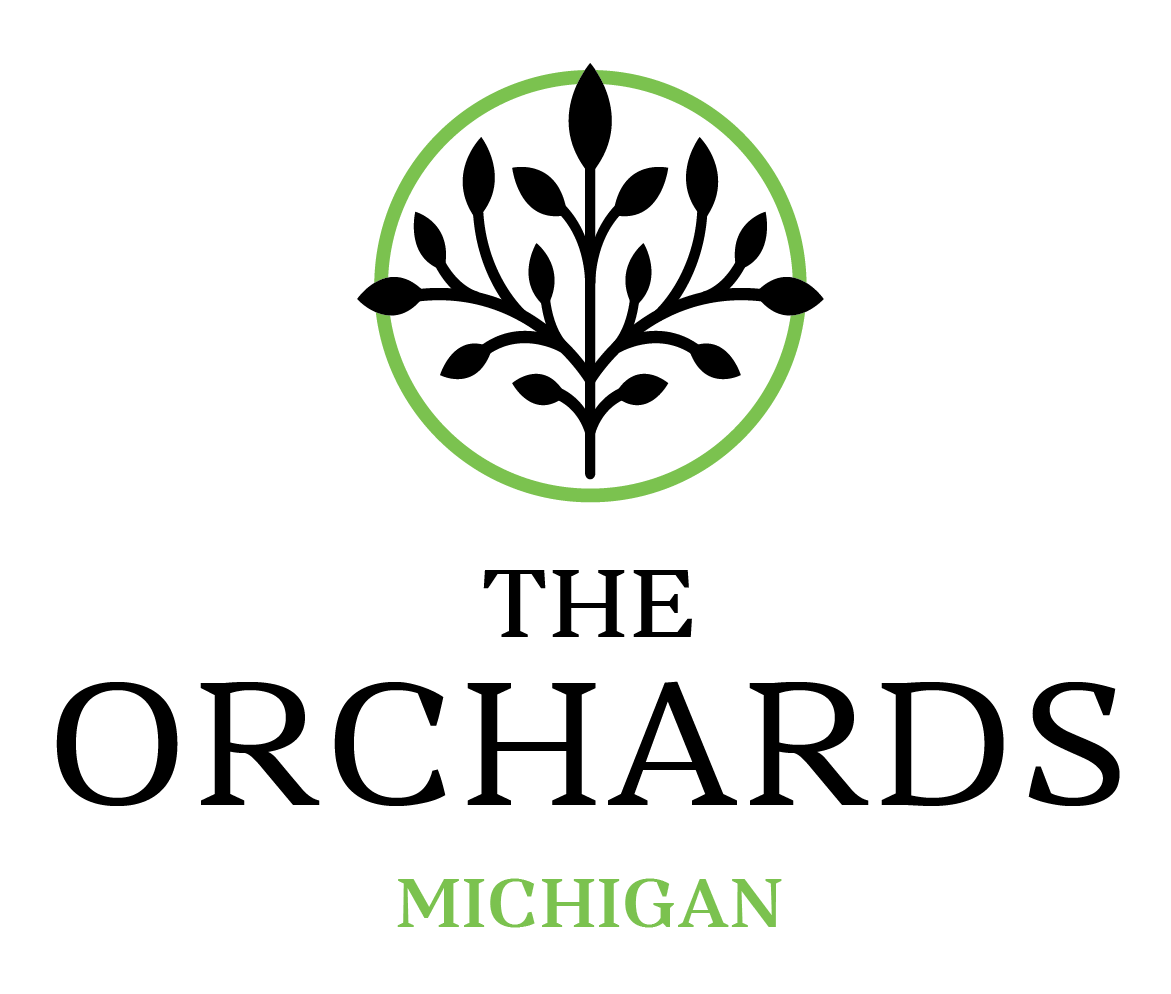What is Corporate Compliance and Ethics?
Corporate compliance and ethics are about companies, their employees and contractors conducting themselves in a legal and ethical manner so as to conform to the laws and current healthcare rules and regulations. Our staff, physicians, and volunteers receive education and training on The Orchards Corporate Compliance plan.
Examples:
Below is a non-exhaustive list of examples of conduct that the Corporate Compliance Program aims to prevent, based on government regulation and enforcement history:
1. Free Goods and Services
a. Examples:
i. Pharmaceutical consultant services offered by pharmacies free of charge.
ii. Infection control review completed by laboratories or other suppliers, free of charge.
iii. Equipment, computers or software applications provided free of charge.
iv. DME or supplies offered by DME suppliers provided to Part A Residents.
v. Laboratory phlebotomist performing administrative duties.
vi. Hospice nurse providing service for non-hospice residents.
2. Inherently Suspect Service Contracts
a. Examples:
i. DME Suppliers
ii. Laboratory Services
iii. Ambulance Services
iv. Therapy Services
v. Enteral Nutrition Suppliers
vi. Physician Services
3. Discounts
a. Rebates
b. Group Purchasing Organization (GPO)
c. Swapping goods and services in exchange for a better arrangement
d. Discounted arrangements
4. Suspect Hospice Arrangements
a. Free nursing service for non-hospice residents.
b. Additional room and board payments.
c. Offering above fair market goods and services.
d. Referring patients to your nursing home.
5. Physician Self Referrals—Stark Law
a. Physicians referring a patient to a facility where he/she has a financial interest.
6. Employment of Individual on List of Excluded Individuals and Entities (LEIE) list
a. All potential employees must be searched on the LEIE via Office of Inspector General (OIG) prior to hire.
b. All potential contracted entities must be searched on the LEIE prior to contracting.
7. Anti—Supplementation
a. Accepting applicable Medicare and Medicaid payment rates only (not charging additional).
8. Medicare Part D
a. Facilities not allowing resident to use the pharmacy that best meets the resident’s part D plan that he/she has chosen.
9. HIPAA
a. Facilities must comply with the HIPAA Privacy and Security Rules.
10. Quality of Care
a. Compliance with applicable quality of care standards and regulations is essential for the lawful behavior and success of nursing facilities.
b. Common risk areas associated with quality of care include:
i. Sufficient Staffing
ii. Comprehensive Care Plans
iii. Medication Management
iv. Appropriate Use of Psychotropic Medications
v. Resident Safety
11. Fiscal Responsibility
a. Submitting fraudulent claims to Federal agencies for payment while not meeting standard requirements.
b. Submitting a false claim or causing a false claim to be submitted to a Federal healthcare program may subject the individual, the facility or both to criminal prosecution, civil liability and exclusion from participation in Federal health care programs.
c. Common risk areas associated with fiscal responsibility:
i. Improper reporting of resident case-mix by SNF.
ii. Therapy or other services with insufficient documentation.
iii. Failure to screen for individuals and entities on the exclusions lists.
iv. Providing services that are not reasonable and necessary.
v. Billing for services that are never provided.
The Facility’s Basic Corporate Compliance Duties:
The three elements of the facility’s response to corporate compliance are:
EDUCATE: Provide ongoing training in compliance issues;
DETECT: Encourage observance of events that may be non-complaint;
RESPOND: Train individuals to know what action to take if they encounter a potentially non-compliant event.
How Do I learn more about Corporate Compliance and Ethics?
You can read the full Corporate Compliance and Ethics plan by contacting the Corporate Compliance Officer at 248-569-8400. Learning more about Corporate Compliance will provide you with:
Instruction on the legal and ethical standards that govern your relationship with the facility;
Guidance to assist you to reach legal and ethical solutions to the challenges you may encounter.
How Do I Report a Non-Compliant Matter?
All violations, suspected violations, questionable conduct, or questionable practices must be reported by employees and contractors. Failure to report may result in disciplinary action.
The following methods are available for reporting corporate compliance concerns:
Report to the employee’s immediate supervisor, who has an obligation to report to the Director of Corporate Compliance and Quality;
Report to the facility’s corporate compliance liaison, who has an obligation to report to the Director of Corporate Compliance and Quality;
A toll-free anonymous compliance hotline has been established to provide employees and others with a confidential method for raising concerns about violations or suspected violations of the compliance program. This hotline is monitored by the Director of Corporate Compliance and Quality.
The anonymous compliance hotline number is (877) 551-0926.
What if I fail to report?
Corporate compliance is an integral function of the long-term care industry. The failure to report a known or suspected violation may subject the employee or contractor to disciplinary action. The confidentiality of individuals who report will be upheld to the fullest extent practicable and permissible under the law. Retaliation against reporters is strictly prohibited.
